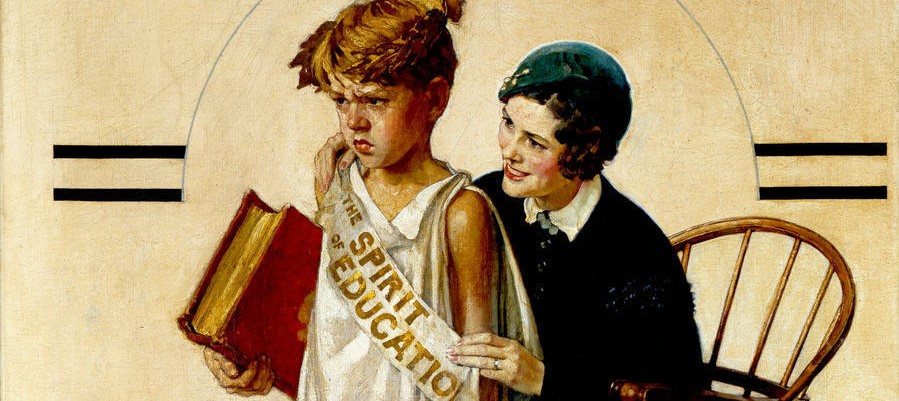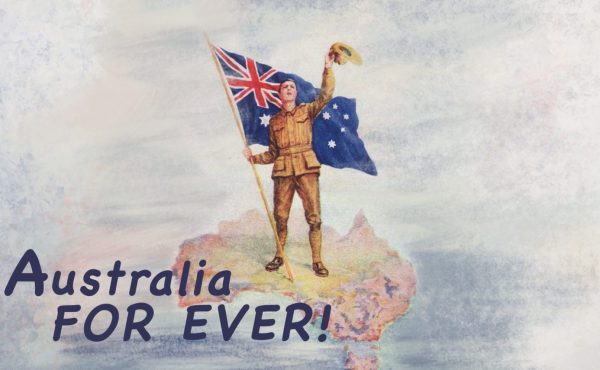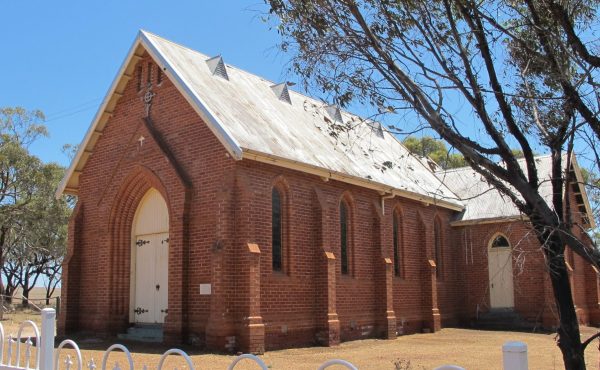On the first page of his influential and widely read work, The Crisis of Western Education, Christopher Dawson notes that education is ‘the process by which culture is handed on by the society and acquired by the individual.’[1] For Dawson the goal of education is not merely the passing on of knowledge and skill to the student, but it is the handing on of a way of being in the world to the next generation.
Dawson’s definition links very much with the notion of tradition, which etymologically comes from the Latin verb tradere: “to deliver”, or “hand over.” With this, we might then say that the goal of education then is precisely to ensure the transmission of tradition. The illustrative and now sadly rather hackneyed image of Gustav Mahler’s aphorism which defines tradition as the passing on of a flame rather than worshipping the ashes comes to mind here.
The process by which this all comes to pass involves at least three steps, the first of which sees a society arriving at a vision of itself and its manner of life, its culture to use Dawson’s term, and determining what in it is worth passing on. It involves obviously the pedagogical method by which this is both explicitly and implicitly to be achieved (as we know the medium is, or at least is a significant part of, the message). Finally, the process involves the actual reception of this tradition by the individual and indeed the community of the next generation.
As a father of young children and as someone who by nature or nurture is deeply interested in these questions, I am particularly focussed right now on the third phase of this process outlined above. I recognise too that that this process is not so neat and tidy and far messier and more dynamic then this simple three phase schema, as each phase is impacts upon by the developments occurring in and through the others.
While there are certain ways in which a culture is received as if by osmosis, the process of reception that the student will need to go through cannot be merely passive on their part. As the Italian Catholic priest and educator, Fr Luigi Giussani, the time of adolescence is a particularly privileged time in one’s life when one begins to question things seriously, and to seek to verify the various truth claims that they have encountered, or which have formed their experience to date. For Giussani this is a sensitive time and needs to be respected by adults who should find this time of questioning equally provocative, and something that will and should encourage their own continued search for truth.
Giussani uses a familiar image of the student with a backpack: All their life they have carried this backpack, and it is has been filled with various bits-and-bobs from parents, relations, teachers, friends, and various media. All items that these people have themselves deemed important and worth carrying. Adolescence becomes a time when the student stops, takes off that backpack and empties its contents out on the table and begins to sort through everything, making judgements as to whether such items remain useful to carry along.
While the student needs to have a dependable method to make good judgements here, as well as some reliable criteria against which one can make such judgements (about which Giussani himself has a great deal to say, and which I would wholeheartedly recommend), one thing that the student needs during this sensitive time is the freedom and the courage to enact this process. According to Giussani, failing to engage in this work of verification can lead young people—and those who are not so young—to fall into one of three errors: antagonism towards or a hatred of the tradition; unquestioned indifference or apathy towards the tradition, such that it is never really accepted as one’s own; or traditionalism, a reification or fossilisation of the practices handed down together with a rigid adherence to them that is neither life-giving or genuinely open to the tradition as a lived experience.[2] What these three errors have in common is the failure to adequately receive the tradition that is being handed on precisely as a culture.
If, as Dawson wrote, education is ‘the process by which culture is handed on by the society and acquired by the individual,’ then the process of education itself requires a risk undertaken, in part, by the individual student, who will need to put their freedom into action and take courage to really examine what it is that they have been given. To test or verify the various cultural practices that they have inherited by engaging in them and then making judgements based on true experiences, and measured against real criteria about which I will write more in a future post.
________________
[1] Christopher Dawson, The Crisis of Western Education, ed. Don J. Briel, 2010 ed., The Works of Christopher Dawson, (Washington D.C.: Catholic University of America Press, 2010), 3.
[2] Luigi Giussani, The Risk of Education: Discovering Our Ultimate Destiny (Montreal: McGill-Queen’s University Press, 2019), 51-52.



